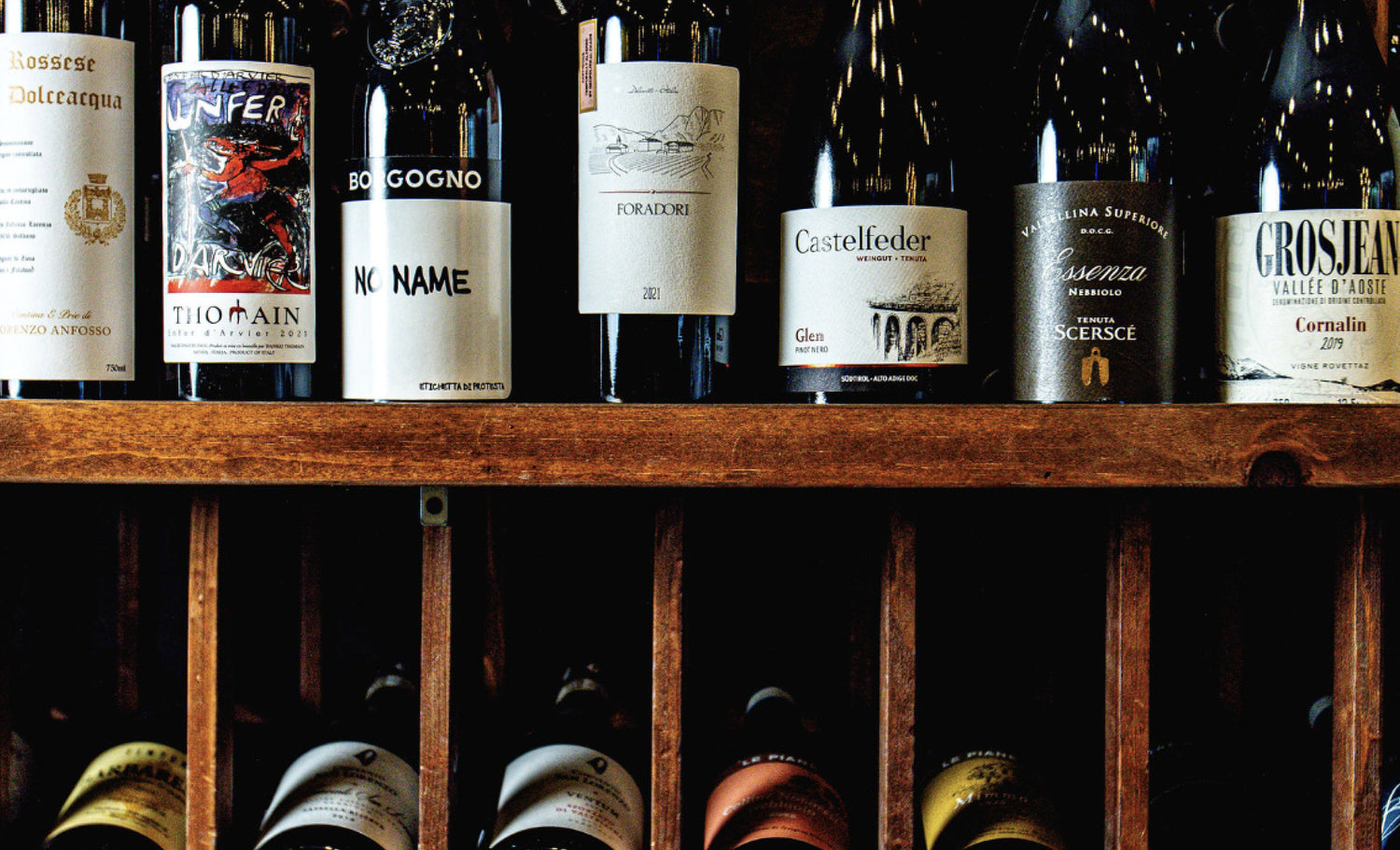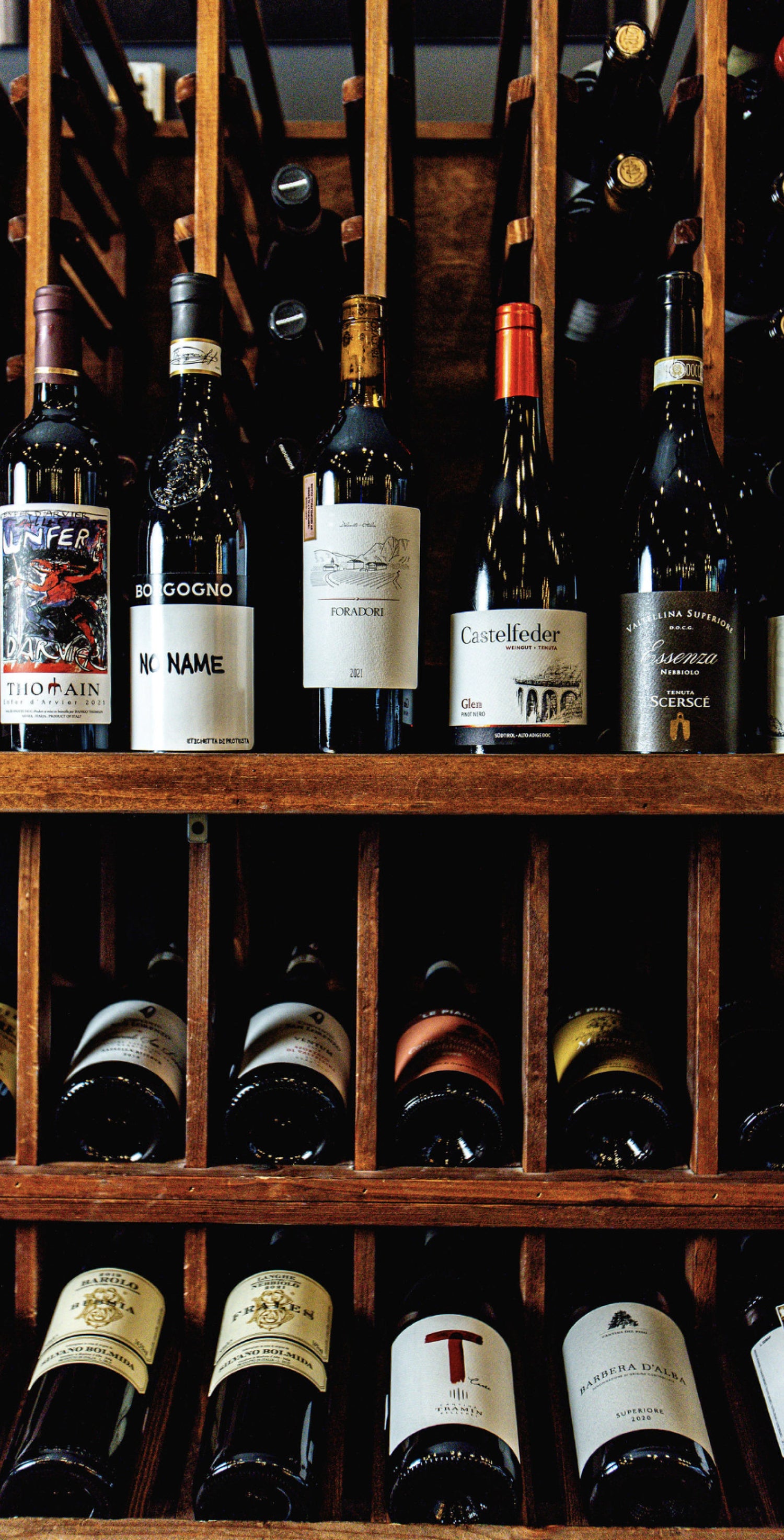From our Importer: In a previous life, Silvio Messana was a New Yorker. There had always been this beautiful farm in Tuscany outside of Florence where Silvio’s mother lived. They visited yearly. His father had planted vineyards there in the early 1970’s. Since his death, his mother looked after them and sold the grapes to a local négociant. In the mid 1990’s, Silvio’s mother was ill and his family decided to move back to be near her. By this time, Silvio had already developed a passion for wine in the United States. With the certain impossibility of finding an affordable rent in New York with three growing sons, Silvio and his wife Catalina decided to stay on after his mother’s death, turning the Chianti Classico farm into their home with a portion of the farm converted as a half-year bed-and-breakfast. Silvio immediately began working on the vineyards himself.
The first vintage that Silvio estate bottled was 2000. There was a lot to learn and unlearn. He made friendships with only a few of the suspicious neighboring Tuscan vignaioli, but Paolo di Marchi of Isole e Olena (himself a foreigner from Piemonte) and his former agronomist Paolo Masi were encouraging and helpful with practical matters.
Catalina was against using any chemicals on the farm, insisting there must be a better way. Gradually through introductions to winemakers outside of the region who were using biodynamic practices (among them Nicolas Joly, Stefano Bellotti of Cascina degli Ulivi and, indirectly, Sandro Sangiorgio, the director of the wine magazine Porthos), Silvio began to lose his fears and have faith that it was possible. Their advice led the Messanas to take the leap into natural farming and seeking a way to make the wine without the use of added yeasts or other and enhancers. In the meantime, piece by piece, Silvio built a winemaking facility with his own hands (there was a small winemaking “garage” on the estate before) and things fell into place.
In the vineyards, Silvio has old and younger vines of Sangiovese and Canaiolo with plantings of Colorino and Cabernet Sauvignon. The vineyard is a contiguous 11.5 hectares surrounding the farm and is on the south bank of a ravine, or borro, where there is sunlight on the vines all day long. 2003 was the first vintage fully vinified using only the grapes' own yeasts. After the 2002 harvest which had frost in the spring and hail in the summer, the heat of 2003 was almost pleasant (it’s always hot here in summer), and the harvest was pretty normal, with good, healthy fruit.
In the spring of 2004 while visiting Montesecondo, we tasted a vat of 2003 Sangiovese and Canaiolo that was still in tank (no wood). It was juicy, bright and delicious and, in every respect, it showed itself as Chianti. I mentioned that it would be delicious bottled like this; Silvio agreed, but shook his head. It would be complicated. Then a little later at lunch, I popped a Ruché from our producer in Colli Astigiani that was bottled briefly following a time in large, very neutral barrels (basically a tank wine). It was charming and incredibly drinkable, not simple, but not overly complex. Silvio was inspired by its unpretentiousness. I left their house that day, and Silvio was deeply considering the idea of doing a tank bottling of Chianti.
In the fall, Silvio told me that it was bottled. He also said it did not pass for DOCG status first for too much color and on the second submission for lack of color. Paolo di Marchi at Isole e Olena had submitted his Chianti Classico bottling twice and had been denied the DOCG for the same reason. Paolo de Marchi submitted a third time and his wine passed; Silvio decided to forgo the third attempt and bottle the wine as IGT (it's allowed to declassify Chianti Classico to Chianti, but this decision must be made by the end of November following the harvest. Past this deadline Chianti Classico can only be declassified to IGT Rosso). On a more consistent note, his submitted bottles for Chianti Classico, with samples from oak barrels, have never had any problem receiving the DOCG.
The curious thing here is that now all sorts of non-traditional grapes – including Merlot, and other non-indigenous types – and barrique treatments are allowed for DOCG Chianti Classico. At the same time a wine made just using Sangiovese and Canaiolo grapes grown in Chianti Classico soils and vinified in the method of older chianti traditions (tank or large Slavonian oak barrels) are deemed "atypical" and are being denied the right to use the Chianti or Chianti Classico name. This is the state of the bureaucracy’s influence on the denominazioni of Italy (it's an even bigger problem in some appellations of France) and how the idea of the DOCG's identity, its "typicity", is being reshaped to a new market-based ideal that has no bearing on the traditions of the region.
To watch a winery and winemaker grow and find their path, the way that Montesecondo and Silvio (with Catalina) have done so well, in a world that holds many differing views of what wine should be and how it should taste, has been one of the great pleasures of our career as importers.
2019 Update:
As with most endeavors, things have evolved for Silvio over the years. Inspired by Elisabetta Foradori, in 2009 a Sangiovese fermented and aged in anfora was released under the name "Tïn" (the name means clay in Arabic). A few vintages later, "Tïn Bianco" was produced from his tiny amount of Trebbiano.
In 2013, Silvio started renting an additional six hectares of
Sangiovese. A 30 minute drive from Montesecondo, the vines here are between 20 and 35 years old, growing at 450m elevation, which is very high for this part of Tuscany. They have been converted to biodynamics and currently go into the IGT Rosso, adding even more brightness and complexity to the wine. Silvio is open to making new cuvées with these terroirs once he has familiarized himself with them more.

 Grilled Foods
Grilled Foods
 Charcuterie & Cured Foods
Charcuterie & Cured Foods
 Fish
Fish


